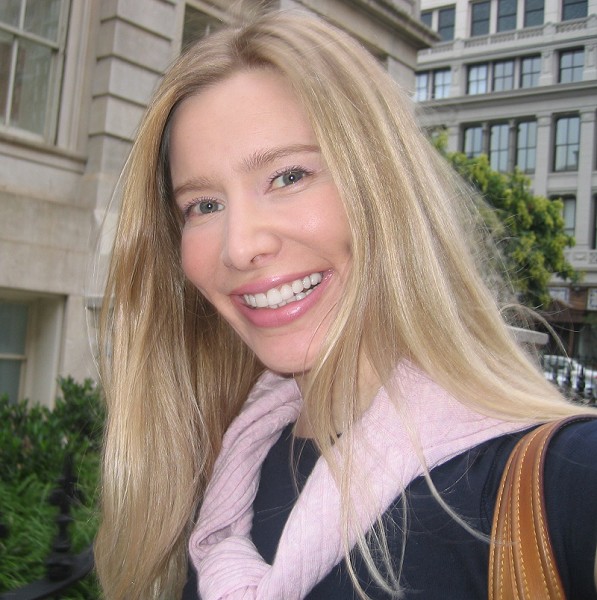Many practice meditation as a natural and cost-effective way to achieve better physical and mental health, and in ancient times they were an important component in religions and spiritual cultivation. In 1992, Master Li Hongzhi introduced the ancient school of Falun Dafa to the public in China, and it is now practiced by tens of millions worldwide despite being banned and persecuted by the communist regime.
Based on traditional faith and morality, Falun Dafa, also known as Falun Gong, has four standing exercises and a sitting meditation. But besides this, practitioners of Falun Dafa focus on improving their character, as the practice teaches the universal principles of truthfulness, compassion, and tolerance.
Before July 1999, Falun Gong could be practiced openly in China. According to a Chinese state agency, 70 million people were practitioners. Falun Dafa was popular because not only was it free to learn, but also brought many people health benefits and helped China, which had lost much of its traditional culture under communist rule, rediscover ancient ethics in a grassroots manner.
By today, Falun Dafa has benefited millions in over 70 nations. Practitioners come from all races and walks of life, and many of them have shared their experiences.
Dr. Zhiyuan Wang, a physician, was diagnosed with an incurable neurodegenerative disease in 1983. In February 1998, he learned Falun Dafa at the Massachusetts Institute of Technology (MIT) in Boston, when his friend from China wrote him a letter recommending the practice.
Within three months, he made a full recovery.
Cary Dunst, an accounts executive from New York, says he felt a subtle, indescribable energy in his body after practicing Falun Dafa. “It feels very good; I could have very little sleep and I feel awakened,” he said.
But he says that the real challenge lies in applying the core values of “truthfulness, compassion and forebearance” in daily life.
“But everyone around you feels it,” Dunst says. “You become lighter. You smile a lot more and you become much more genuine.”

Tysan Lerner, a professional trainer and owner of Tyzen Inc., said that practicing Falun Dafa made her realize that having negative thoughts towards others was having a direct effect on her health.
“As soon as I realized that I changed my thinking,” she said. I wouldn’t think about what things I didn’t like or liked about other people. More about how I should be responsible, to being a good person, controlling my thinking and quieting my thinking, and then the headaches went away,” Lerner said.
Former model Pia-Maria Sandas said that before practicing Falun Dafa she always used to search externally, pursuing money, clothes or beauty, but the practice’s moral values gave her a “sense of inner security, and sense of calm and peace” that she didn’t have before.

“Falun Dafa just provided me with an inner peace,”she said. “Whatever happens around me, I am fine.”
Dan Chen, a marketing director, started practicing Falun Dafa was he was 12 years old. He was going through a rebellious stage at the time and hardly spoke with his parents.
“When I come home, I slammed the door,” Chen said. “Meditation taught me to look within. I started talking to my parents more. I started respecting them more.”
Chen says that his mother was very happy; it was like she got her son back.
